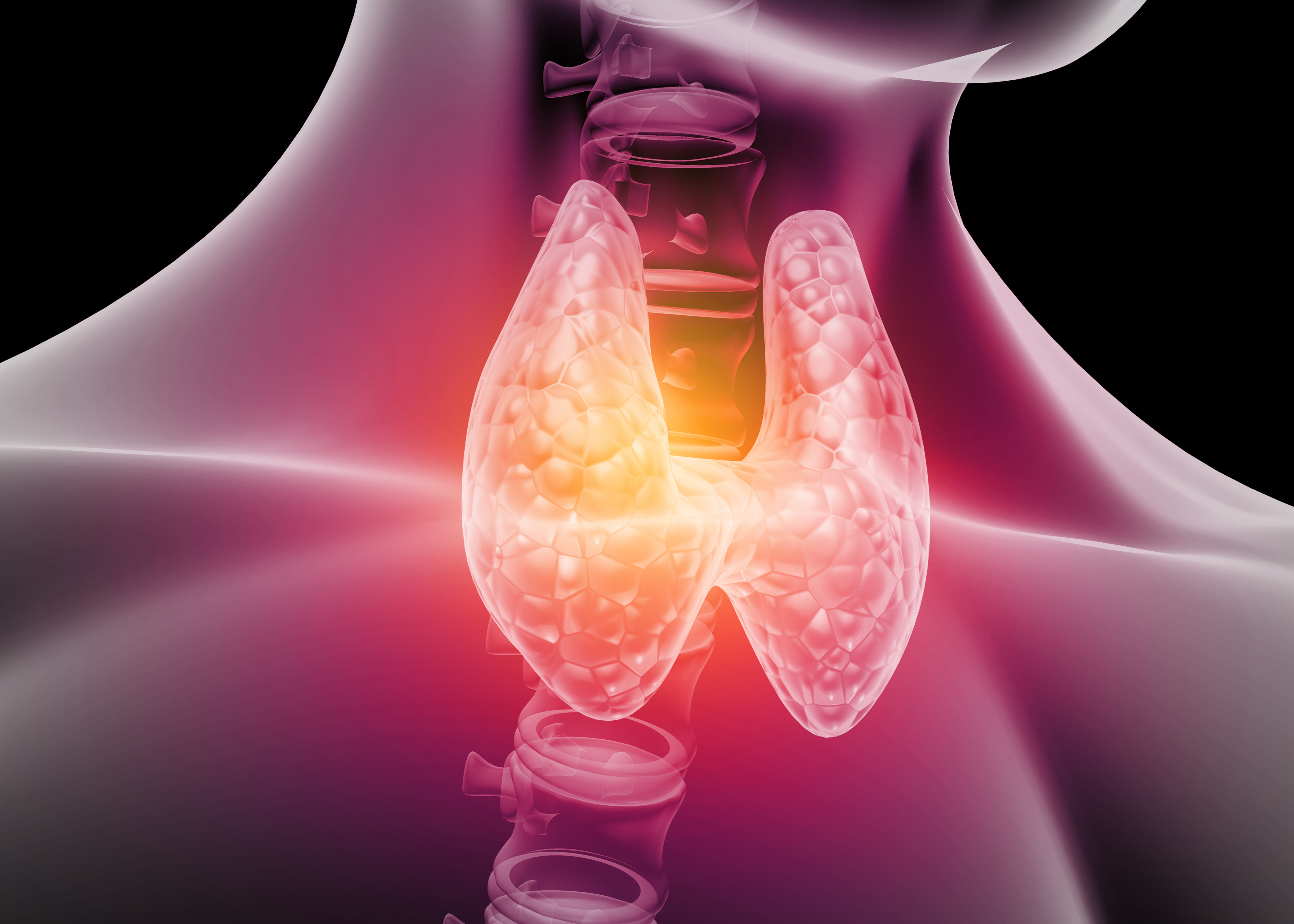What is Radiofrequency ablation (RFA)?
Radiofrequency ablation (RFA) is a safe and effective alternative to surgery for the treatment of large, benign thyroid nodules that are causing visible swelling or discomfort in the neck. RFA is also used in the treatment of overactive or “toxic” thyroid nodules.
At Summit Health, our endocrinologists have extensive experience in the treatment of thyroid and parathyroid conditions. Debra Margulies, MD, specializes in non-surgical, in-office procedures for the treatment of thyroid nodules, including RFA and ethanol injection of thyroid cysts.
How does RFA work?
During RFA a small needle electrode is inserted into the thyroid nodule with the guidance of ultrasound imaging. The nodule is selectively heated and broken down using an electrode that passes through the skin. The body then absorbs the destroyed tissue over the course of several months.
down using an electrode that passes through the skin. The body then absorbs the destroyed tissue over the course of several months.
RFA is performed in an office setting with a local anesthetic. Depending on the size of your nodules, the procedure may last 15 minutes to one hour. Most patients will begin to see a decrease in the size of their nodules within 3 months and as soon as 4 weeks.
What are the benefits of RFA?
Since the treatment is very precise, any healthy surrounding thyroid tissue can be preserved, therefore avoiding the need for thyroid hormone medication. There is also no visible scarring and a quick return to normal activities can be expected.
What should I expect after the procedure?
During RFA it is normal to feel mild pressure in the neck, however, you should not experience any pain. Patients leave with a small bandage. You may have some minor discomfort and bruising that can be treated with over-the-counter medications if necessary.
How effective is RFA?
Studies have shown a 50-70% reduction in the size of benign, non-toxic thyroid nodule volume over the course of 6 months to 5 years according to research published in Endocrine Practice. Depending on the size of the nodule, more than one session may be needed.
Is RFA safe?
Yes, like any procedure RFA has a small risk of complications including bleeding, a hoarse voice, skin burns, minor bruising and infection. Pregnant patients and those with cardiac pacemakers should not undergo RFA.
Is RFA right for me?
To determine if you are a good candidate for RFA, you will need to undergo a thorough assessment that includes an ultrasound and possibly a fine-needle biopsy. Your doctor will discuss all your treatment options with you.
To make an appointment with Dr. Margulies, please call 973-775-5115 (Morristown, 95 Madison Ave location) and press option 6 to request to speak to office staff.

